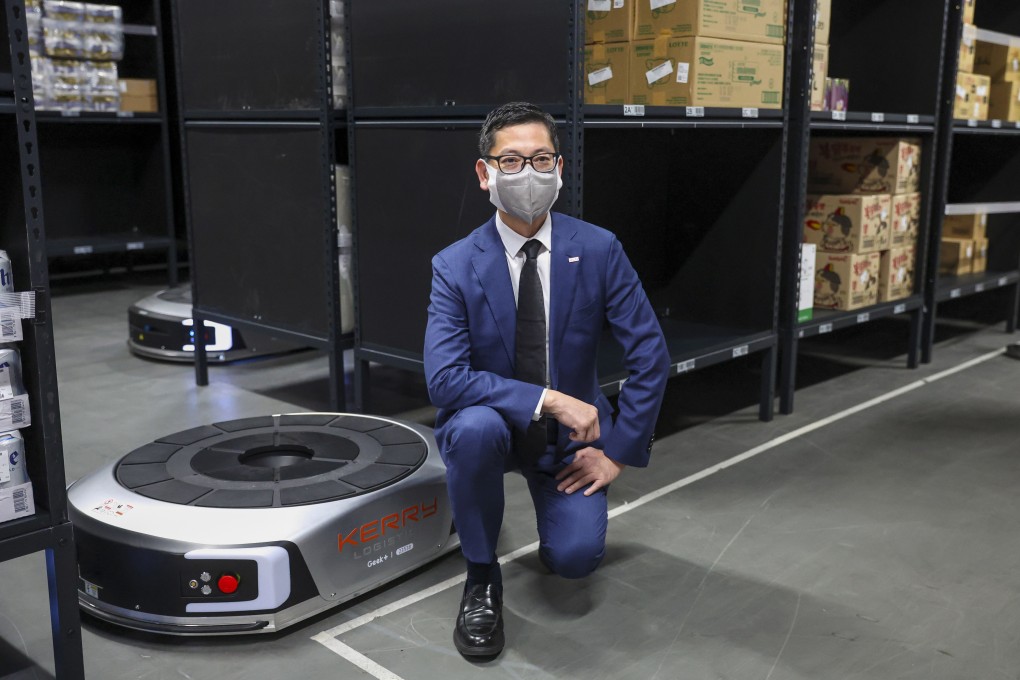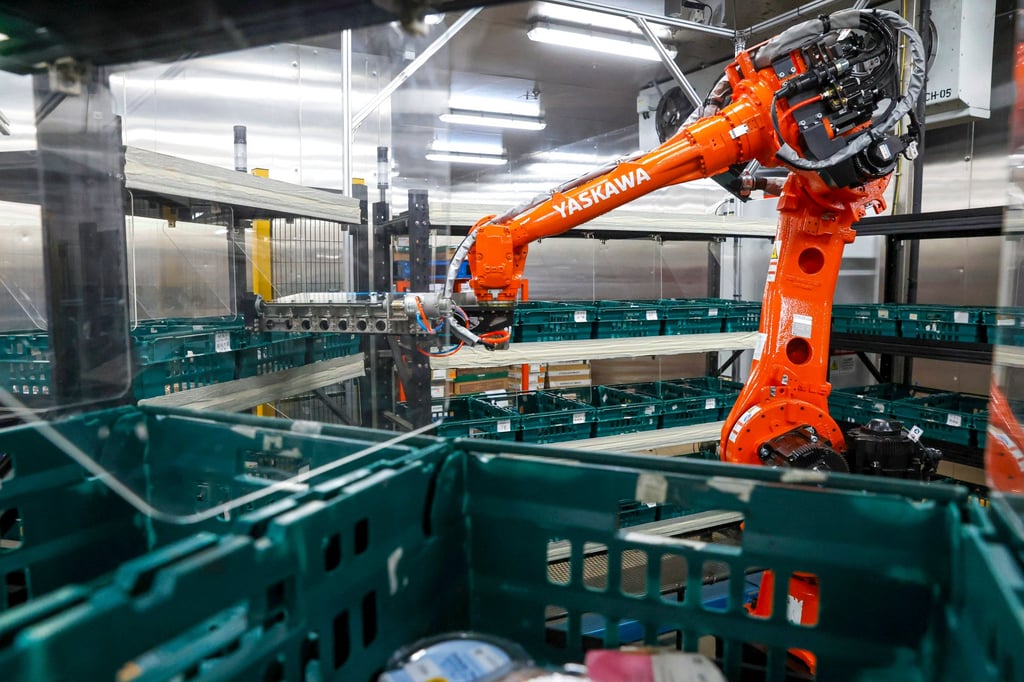Advertisement
Hong Kong’s Kerry Logistics aims to ‘improve standards’ at homes for elderly with soon-to-be-launched food and medical supplies platform
- Kerry Logistics plans to roll out the ‘centralised platform’ within the year, executive says
- Firm already operates Kerry Pharma, which provides logistics services to healthcare clients, and Kerry Medical, which provides urgent equipment deliveries to hospitals in Hong Kong
2-MIN READ2-MIN

Hong Kong-based Kerry Logistics Network will launch a platform for supplying medicines and medical equipment to homes for the elderly.
Operators of these homes will be able to order food supplies, medicines, medical tools and other daily necessities for their residents, as part of a business model that Kerry Logistics is pioneering, said Samuel Lau, the firm’s managing director of integrated logistics in North Asia.
“More of Hong Kong’s population is ageing and there’s still much room to improve the standard of elderly care homes here,” he said. “This will be a centralised platform for elderly homes, and because we have Kerry Pharma and Kerry Medical, and with the ageing phenomenon, we keep on looking for new opportunities.”
Advertisement
About a fifth of Hong Kong’s estimated 7 million population was aged 65 or above last year, according to official data. There were also about 1,042 homes for the elderly and disabled in the city, as of March this year.

Kerry Logistics plans to roll out the platform within the year. A member of SF Holding and an associate member of the Kuok Group, the company provides supply chain solutions, integrated logistics, international freight forwarding and infrastructure investment, among other services, to clients in 59 countries and territories.
Advertisement
Advertisement
Select Voice
Select Speed
1.00x